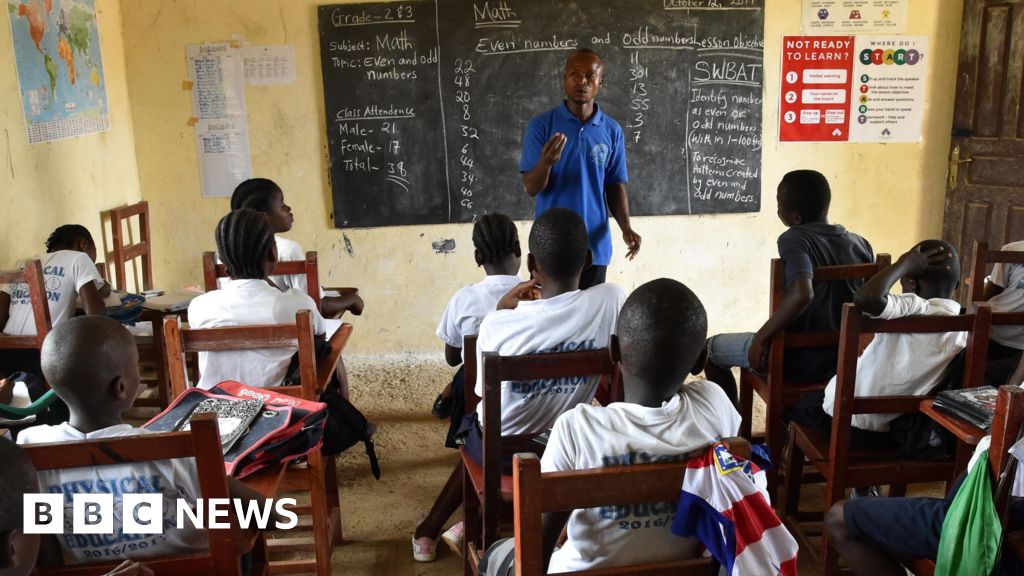Liberia’s Education Ministry has blocked controversial plans to introduce mandatory drug testing in all of the country’s schools.
Speaking to local media, the interim head of the Liberia Drug Enforcement Agency (LDEA), Fitzgerald Biago, said school testing would help address the growing problem of drug abuse.
The announcement sparked a mixed response. Some thought it would help tackle the scourge of drugs, while others saw it as an invasion of privacy, or feared it would cost too much.
Last year, President Joseph Boakai declared drug and substance abuse a national emergency and a recent EU-backed report estimated that one in five young Liberians take drugs.
However, the Education Ministry said it was not aware of any plans to test students and added that such a decision needed to be based on concrete evidence and properly thought through.
Assistant minister in charge of students Sona Sesay-Toure told the BBC that this kind of plan required proper research.
“Let’s assume we are made aware of the proposed initiatives by the LDEA, it will require us to conduct research and review case studies from other countries where this has been successful,” she said.
Sesay-Toure also noted that testing could affect students.
“What happens to students who test positive? What are the social services in place for them? Some of them might be bullied even after returning, and it may affect their overall educational performances.”
She added that a multi-sectoral committee on drug and substance abuse had been set up, headed by the Health Ministry.
Along with strengthening health clubs in schools, she said that this would help to reduce the prevalence of drugs among students.
President Boakai dismissed the leadership of the LDEA in August this year, and recently appointed Biago, a former senior police officer, as interim head of the agency.

